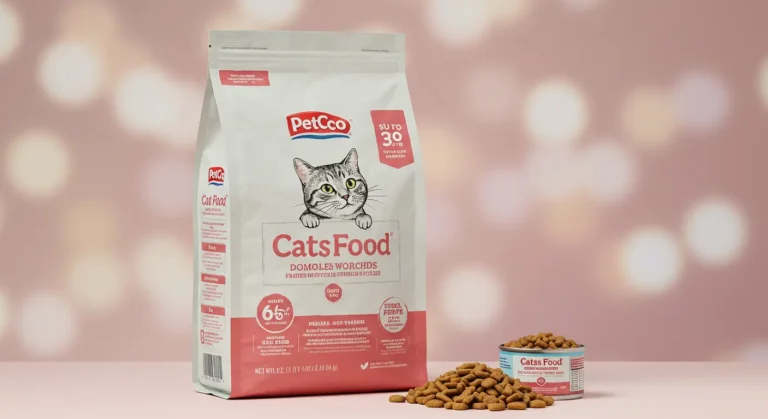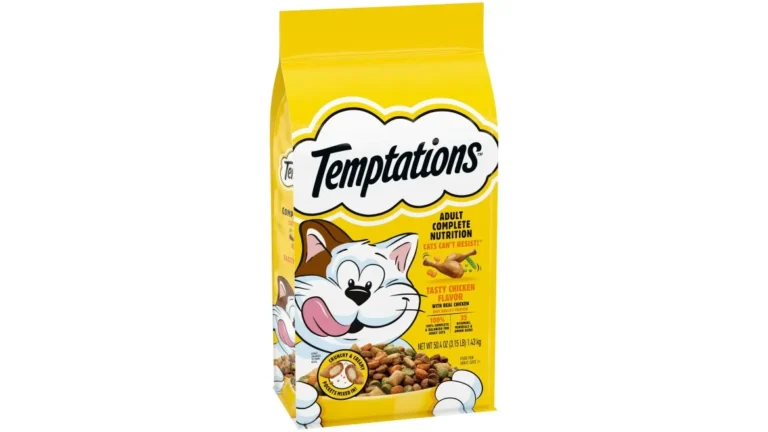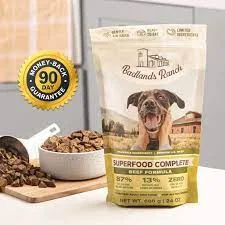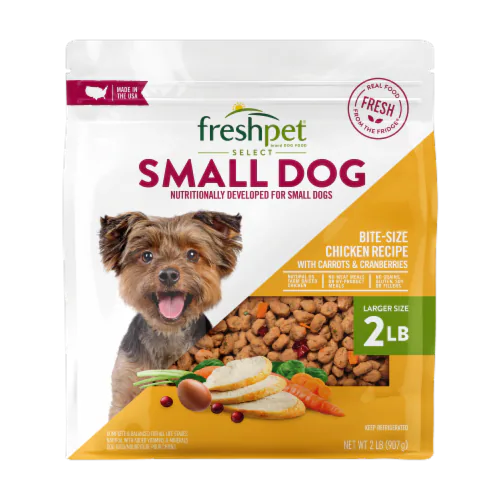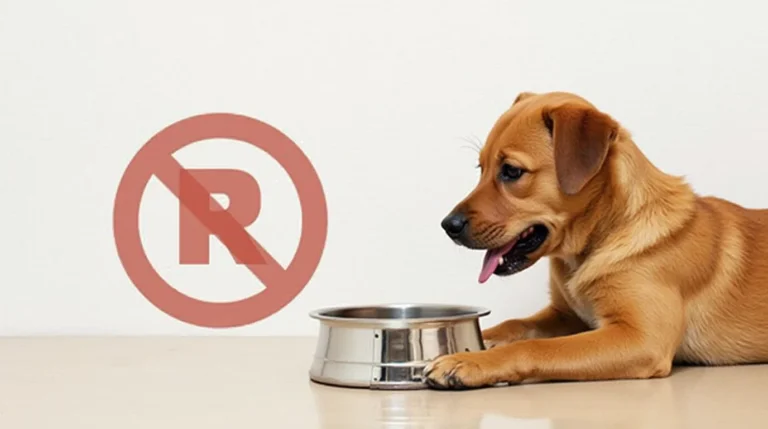Table of Contents
Welcoming a new puppy into your home comes with plenty of joy—and some significant responsibilities. One of the most important aspects of caring for your furry friend is choosing the right puppy dog food. Puppies need balanced nutrition to support their rapid growth, playful energy, and developing immune systems. In this guide, we’ll explore everything you need to know about feeding your pup the best food for optimal health.
Why Puppy Dog Food Is Essential
Unlike adult dogs, puppies require food specially formulated to meet their developmental needs. From building strong bones to supporting a growing brain, puppy dog food is enriched with the right balance of protein, fat, vitamins, and minerals.
Here are some key reasons why a puppy-specific diet matters:
- Higher Calorie Content: Puppies burn more energy and need higher-calorie meals to support their activity and growth.
- Rich in Protein: Protein fuels muscle development and overall growth.
- Supports Brain and Eye Development: DHA, an omega-3 fatty acid, is crucial for cognitive and visual health.
Without proper nutrition, your puppy may face challenges like stunted growth, low immunity, or long-term health issues.
Key Features of High-Quality Puppy Dog Food
1. Balanced Nutritional Content
- Protein: Look for at least 22–32% protein from quality sources like chicken, beef, fish, or lamb.
- Healthy Fats: Omega-3 and omega-6 fatty acids help maintain a shiny coat and healthy skin.
- Calcium and Phosphorus: These are critical for strong bones and teeth.
- Added Vitamins and Minerals: Ensure the food includes essential nutrients like vitamin E, zinc, and antioxidants.
2. Grain-Free vs. Whole Grains
- Grain-Free Options: Perfect for puppies with allergies or sensitive stomachs.
- Whole Grains: Provide a steady source of energy and are easier to digest for most puppies.
3. Kibble Size and Texture
Puppy teeth are smaller and more sensitive than adult dogs’. Many brands design their kibble with softer textures and smaller sizes for easier chewing and digestion.
4. No Harmful Additives
Avoid artificial flavors, preservatives, and fillers. Opt for clean ingredients to ensure your puppy gets the highest-quality food.
How to Choose the Best Puppy Dog Food for Your Pet
When selecting puppy dog food, keep these factors in mind:
- Your Puppy’s Breed and Size
- Small Breeds: Require calorie-dense food to meet their high energy needs.
- Large Breeds: Need controlled calcium and phosphorus levels to avoid joint issues.
- Life Stage Labeling
- Look for labels that say “Puppy” or “Growth and Development” to ensure the food is formulated for puppies.
- Consult Your Veterinarian
- Your vet can recommend the best food based on your puppy’s health, size, and dietary preferences.
- Check Certifications
- Ensure the food meets AAFCO (Association of American Feed Control Officials) standards for complete and balanced nutrition.
Benefits of Feeding High-Quality Puppy Dog Food
Giving your puppy nutritious, high-quality food can have significant health benefits:
- Stronger Bones and Teeth: Enriched with calcium and vitamin D.
- Enhanced Brain Development: DHA supports cognitive and neural development.
- Boosted Immune System: Antioxidants help protect against illness.
- Shiny Coat and Healthy Skin: Omega fatty acids prevent dryness and promote a glossy coat.
- Consistent Growth: The right calorie balance supports healthy, steady development.
Homemade Puppy Food vs. Commercial Puppy Dog Food
| Feature | Homemade Puppy Food | Commercial Puppy Dog Food |
|---|---|---|
| Convenience | Time-intensive preparation | Ready-to-serve, easy to store |
| Nutritional Accuracy | Requires vet guidance for balance | Pre-balanced and tested for puppies |
| Cost | Can be cost-effective | May vary depending on brand and quality |
While homemade diets can be an option, commercial puppy dog food is often the safer choice due to its precise nutrient formulations.
FAQs About Puppy Dog Food
1. When should I switch my puppy to adult food?
Most puppies transition to adult food between 12–18 months, depending on their breed. Large breeds may need puppy food longer to support their slower growth rates.
2. Can puppies eat adult dog food?
No, adult dog food lacks the higher calories, protein, and nutrients that puppies need for growth. Stick with food labeled specifically for puppies.
3. How often should I feed my puppy?
Feed your puppy 3–4 small meals a day until they’re six months old, then transition to 2 meals per day.
4. Are grain-free diets necessary for puppies?
Not always. Grain-free food helps puppies with allergies or sensitivities. However, most puppies can digest whole grains easily.
5. What are the best protein sources for puppy dog food?
Chicken, turkey, lamb, beef, and fish are excellent protein sources that support growth and energy levels.
Conclusion: Why Puppy Dog Food Matters
Feeding your pup the right puppy dog food is one of the most important steps you can take as a pet parent. Good nutrition helps them grow, boosts their immune system, and ensures they become healthy, happy adult dogs.
By investing in nutritious food tailored to their specific needs, you’re giving your furry friend the best possible start in life. Consult your vet to find the perfect brand and start building a lifetime of health and happiness for your puppy!


